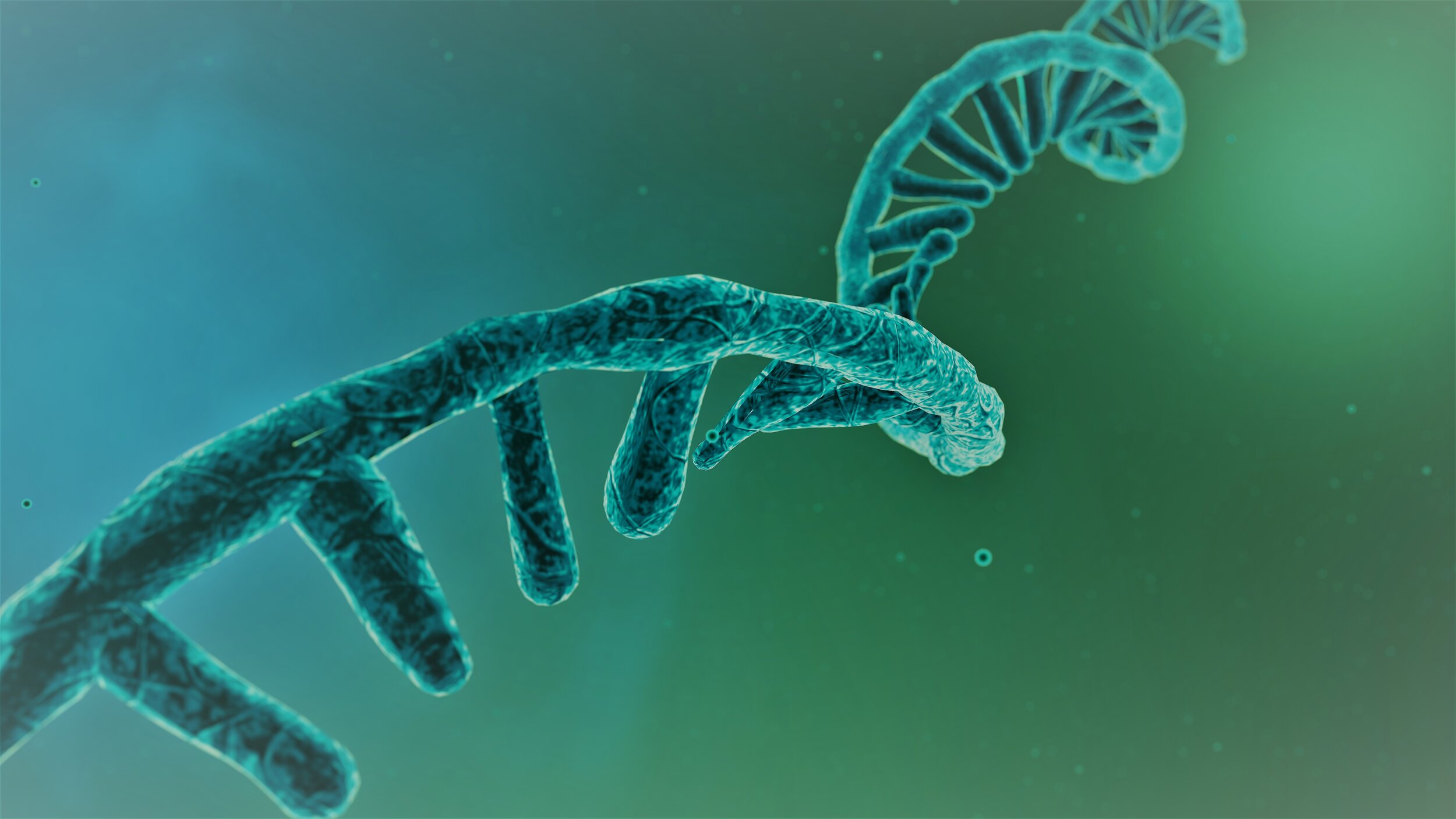
Research Projects
Find out about what we do in the Olejniczak Lab
Involvement of RNA binding proteins in T cell co-receptor signaling
Despite long established roles in regulating T cell activation and differentiation, the details of how T cell co-receptors such as CD28 drive basic cellular responses required for T cell activation and differentiation remain elusive. Our data indicate that a major mechanism underlying CD28, and possibly other co-receptor function is regulation of RNA binding proteins. Regulated RNA binding proteins influence gene expression at multiple levels to allow co-receptor signals to be read out as gene expression programs that support T cell activation and differentiation. We hope that improved understanding T cell co-receptors regulation of gene expression will provide insight into how therapeutic blockade T cell co-receptor function (i.e. checkpoint inhibitors, CTLA4-Ig, etc.) can be improved.
Involvement of the RNA binding protein ARS2 in early mammalian development
Over the past decade the RNA binding protein ARS2 has emerged as an essential regulator of co-transcriptional RNA processing. In recent years we and others have found that ARS2 is critical for maintaining “stemness” of adult and embryonic stem cells. Moreover, we have found that ARS2 expression is tightly regulated during early mammalian embryogenesis, with selective down-regulation occurring as germ layers arise. We are currently working to understand effects of ARS2 on germ layer formation and to elucidate the mechanism(s) by which ARS2 regulates gene expression during embryonic stem cell differentiation. We hope that our work will lead to novel approaches to treating developmental disorders and/or contribute to efforts aimed at engineering transplantable human tissues in a petri dish.
Influence of co-receptor signaling on chimeric antigen receptor (CAR) T cells
.Chimeric antigen receptor (CAR) T cells represent a huge step forward in directing the immune system to eradicate tumors. CAR therapy has proven successful in treating a variety of hematological malignancies, with both CD19 and BCMA targeted CAR T cell products approved by the FDA in recent years. Our interest in CAR T cells stems from observations suggesting that endogenous T cell receptors can influence CAR T cell therapeutic responses. Unlike therapeutic approaches using inanimate drugs to kill tumor cells, CAR T cells are living drugs whose normal biology we believe may be key to enhancing their already potent anti-tumor function. As such, we have undertaken studies that seek to determine contributions of endogenous T cell co-receptors to CAR T cell function.


